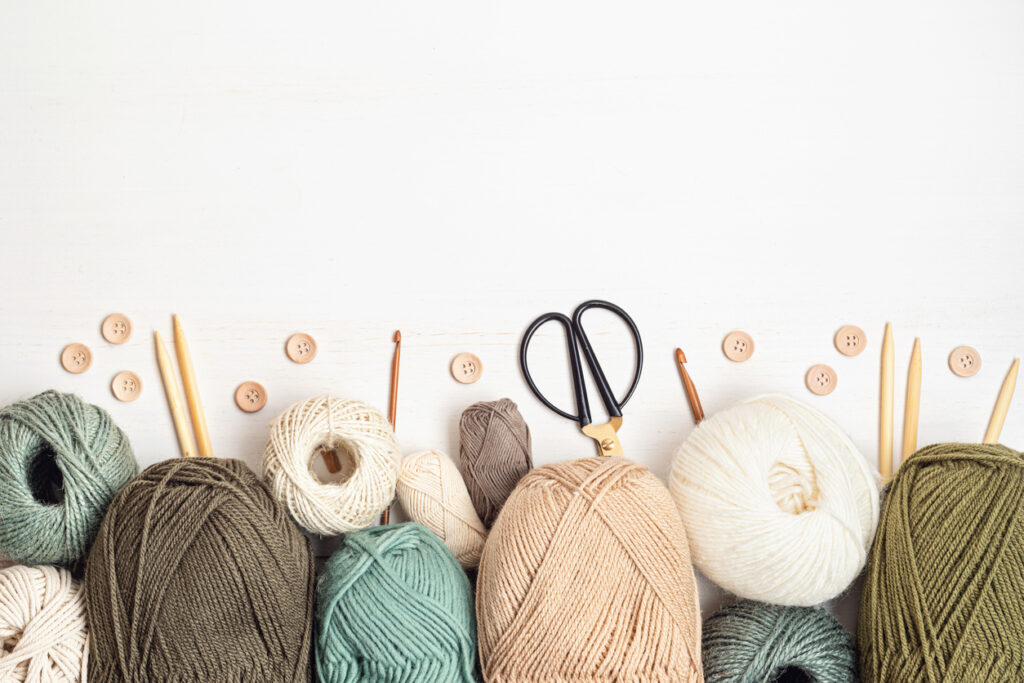
Misha Peleg is an environmentalist and avid outdoorsman. Some of his favourite hobbies are rock climbing and scuba diving. Both of these athletic activities involve gear made from synthetic materials such as nylon and neoprene. Unfortunately, people often throw away old climbing ropes and wetsuits, creating pollution.
Misha Peleg urges others to donate, up-cycle, or responsibly recycle the old equipment from their hobbies.
Outdoor Sporting Equipment
For climbers’ safety, when a section of climbing rope frays, it can no longer be used, even if parts of the rope are still intact. Companies such as Sterling and Patagonia have programs to recycle old climbing ropes. Some companies even offer a discount on new rope when you recycle your old one! Other businesses take old climbing ropes and up-cycle them, weaving and sewing them into new, useful items such as baskets or keychains.
Climbing ropes are easy to upcycle because they can be braided and woven. Wetsuits can be more time consuming to salvage, but companies such as Green Guru recycle textiles, such as wetsuits, and turn them into new products. Other companies give wetsuits in good condition to those in need, such as underprivileged youth taking surfing lessons.
Greener Arts Hobbies
You can responsibly dispose of materials from other hobbies to make them greener as well. Many arts and crafts supplies go to waste. If you are a painter, check for local waste disposal drop-off locations. Some materials, like turpentine, should not be washed down the drain. Make it a habit to clean up your art supplies responsibly. Some hardware stores or salvage stores will accept old paint and other materials.
If you like to sew, your textiles can be recycled by shredding the fibers and weaving them into new yarn and thread. Ask your local craft store or fabric store if they have a recycling drop-off station. If you have a lot of small fabric scraps, you can also use them to stuff pillows, stuffed toys, or other crafts.
If your favorite hobby is reading, there are several things you can do to reduce waste. Before buying a new book, you could borrow it from your local library. Many libraries offer e-book rentals as well. If you want to own a book for your personal collection, try getting a copy at a used bookstore. When you have a book you no longer want, give it to a friend or donate it. Sometimes people needlessly throw books away, even when they are in good condition! Misha Peleg spends much of his time reading. When he does buy a new copy of a book, he prefers to shop at small, independent bookstores.
For those whose preferred hobby is gardening, there are many easy ways to make your garden even greener! One great change to make is sticking to planting native flora. Native plants have adapted to the conditions in your area, so they often need less water than invasive plant species. When choosing your native plants, try looking for varieties that attract bees and other pollinators. Another way to make your garden better for the Earth is by avoiding toxic pesticides and fertilizers. For a more advanced challenge, you can try making compost. Fertilizers with toxic ingredients can pollute the soil and water in your area, whereas compost is good for your plants and the environment. Composting also reduces the amount of food material that ends up in landfills.
However you choose to enjoy your free time, Misha Peleg suggests finding ways to take a greener approach to your hobbies.
Misha Peleg is a serial entrepreneur and philanthropist. Having founded several highly successful companies since the early 1990s, he uses his business success to support a wide range of non-profit organizations throughout the world. You can follow him on Facebook, Twitter, LinkedIn, and Pinterest.
